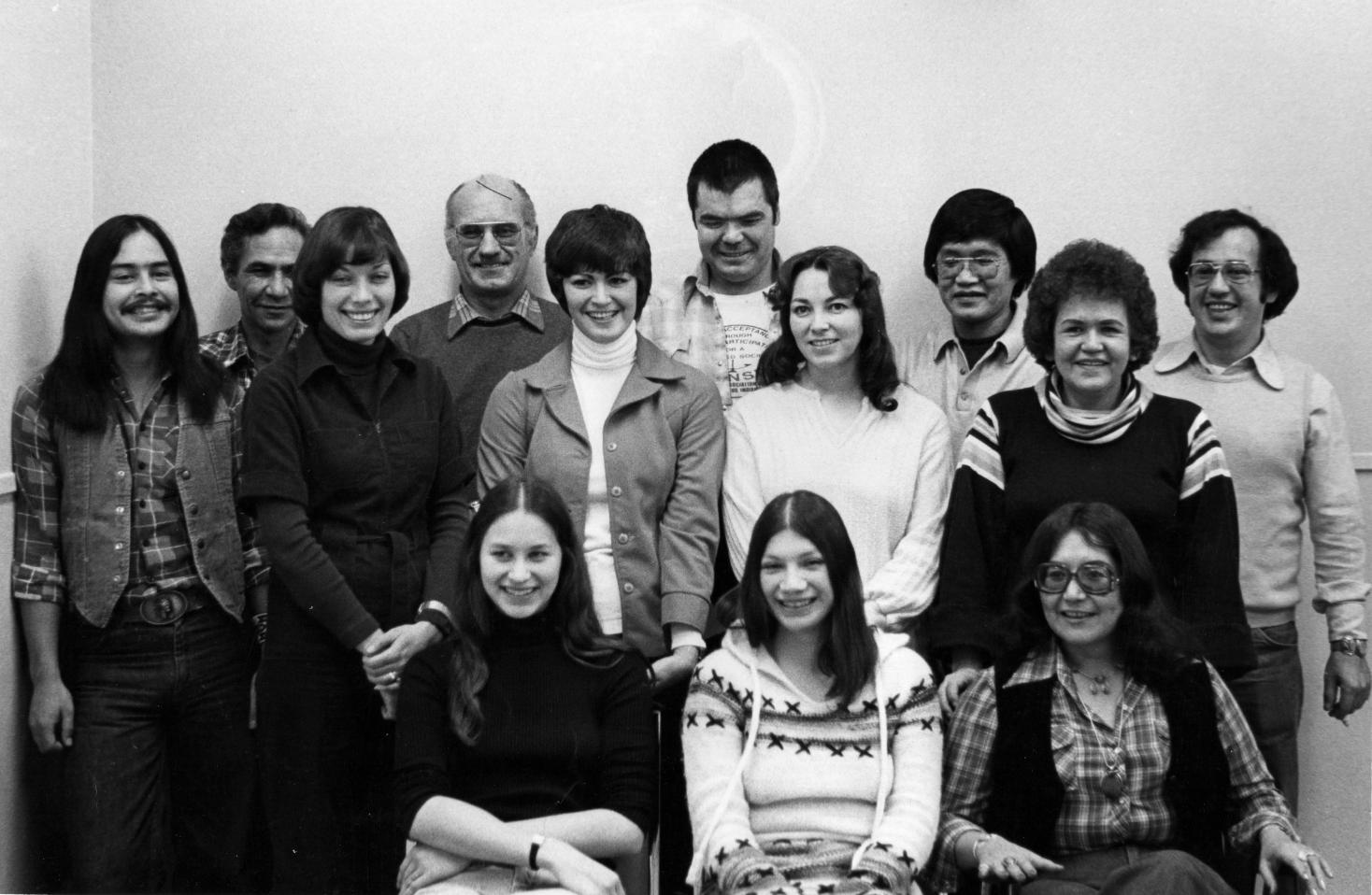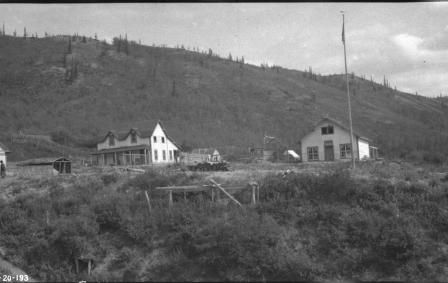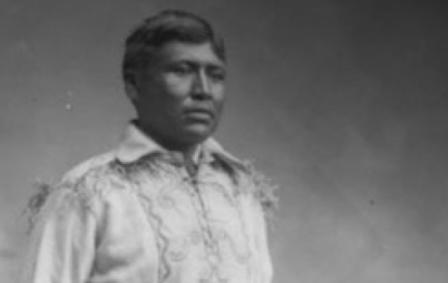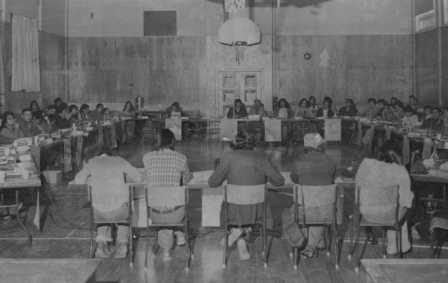Yukon Association of Non-Status Indians

The Yukon Association of Non-Status Indians was founded in 1972 to represent and advocate for First Nations people who lost their status through discriminatory sections of Canada’s Indian Act. Their moto was EQUAL ACCEPTANCE THROUGH EQUAL PARTICIPATION FOR A BALANCED SOCIETY.
Losing status resulted in lost rights, benefits and entitlements, including access to health care, housing assistance, justice supports, education funds and most important, loss of identity as a Yukon and Canadian Indigenous person.
Within a few short years the Yukon Association of Non-Status Indians became a powerful organization, advocating with federal, territorial and private sector agencies to improve lives and restore dignity to its members.
The Yukon Association of Non-Status Indians worked hard to ensure that all non-status First Nations people were included in the land claims negotiation process that got underway in 1973.
At that time the Government of Canada would only negotiate with status First Nations, but the perseverance of the Yukon Association of Non-Status Indians paid off and they did get a seat at the table.
In 1973, the Yukon Association of Non-Status Indians joined the Yukon Native Brotherhood as an equal partner in founding the Council for Yukon Indians. It would serve as the central organization for negotiating with governments to reach a comprehensive Yukon land claims settlement.
In 1981, the Yukon Association of Non-Status Indians and the Yukon Native Brotherhood members voted to disband their separate organizations.
The Council for Yukon Indians united all Yukon First Nations people to complete the long process of achieving a just settlement of land claims in the Yukon and fulfilling their Elders’ dream for everyone to work Together Today for Our Children Tomorrow.
This united approach on behalf of all Yukon First Nations people was a first in Canada. It led to the 1993 Yukon Umbrella Final Agreement that was and is a model for other modern treaties in Canada, and elsewhere in the world.
The Yukon Association of Non-Status Indians, together with the Yukon Indian Women’s Association joined other groups from across Canada to press for reforms to the Indian Act, leading to the passage of Bill C-31 in 1984.
That legislation eliminated provisions in the act that discriminated against Indigenous women who had married non-status men and restored rights to them and their children.
The history of the association is a compelling narrative about people coming together from every Yukon community to stand up for their rights and to ensure that their members did not get left behind in the fast-paced events transforming Yukon society in the 1970s.
The leaders of the organization quickly established a reputation for efficient and effective administration of vital programs for housing, health and education services to meet the needs of Elders, youth and families throughout the territory.
Their hard work and dedication shaped the Yukon we all live in today.
Their contributions were significant in the achievement of the Yukon land claims that serve as a foundation for our territory.


